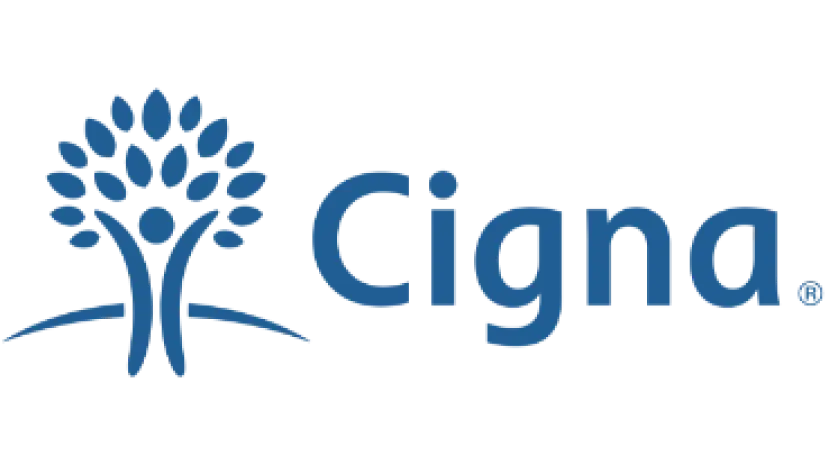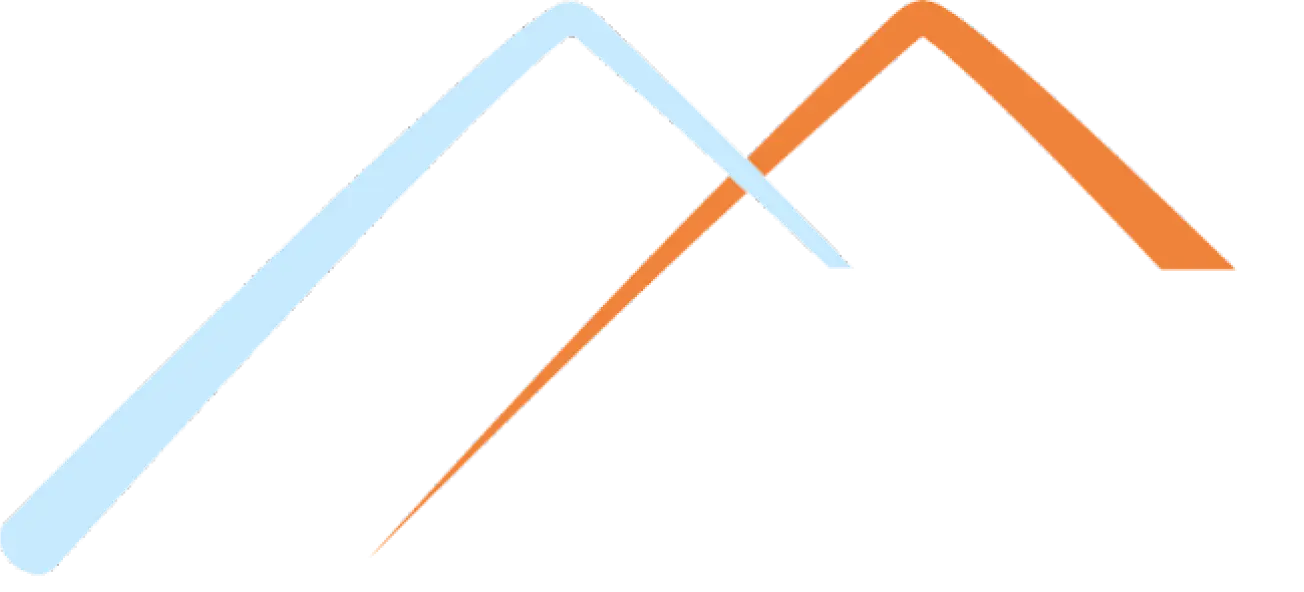



Methadone is one of three FDA-approved Medications for Addiction Treatment (MAT) used in the treatment and management of opioid use disorder (OUD) and chronic pain. Methadone is unique in its effectiveness and method of action but may carry higher risks than some alternatives.
Methadone is a synthetic opioid, a powerful class of drugs used for pain relief and as part of treatment programs for drug addiction, notably opioid addiction. Unlike other opioids, methadone has unique characteristics that make it particularly useful in both pain management and the treatment of opioid use disorder.
Developed in Germany in the late 1930s, methadone was created as a painkiller. Its properties were such that it could be easily synthesized in a lab, making it a valuable alternative during times when natural opium resources were scarce, such as during World War II. In the decades that followed, the medical community began to recognize methadone’s potential beyond pain relief. Its ability to prevent withdrawal symptoms and reduce cravings in opioid-dependent individuals led to its adoption in maintenance therapy programs for heroin and other opioid addictions.
The distinct advantage of methadone for OUD lies in its ability to maintain a stable level in the bloodstream, avoiding the peaks and troughs associated with the euphoric highs and devastating lows of shorter-acting opioids like heroin and fentanyl. This stability makes it an effective option to support recovery while mitigating withdrawal symptoms and cravings.
Due to its potency as a full opioid agonist and high risk of dependence, methadone maintenance programs require a structured treatment environment, often leading patients and healthcare providers to explore other options that might offer more flexibility and a different safety profile.
While methadone is a powerful tool in managing opioid addiction and chronic pain, users need to be aware of its potential risks and safety considerations. Understanding these aspects can help mitigate adverse effects and help individuals make informed decisions regarding the treatment of OUD.
Understanding the potential risks, including the potency of methadone for the treatment of OUD, it’s important to consider alternative medications approved by the FDA for opioid addiction treatment. Each medication has its own set of benefits, catering to the diverse needs and circumstances of individuals seeking a path to sobriety. Here’s a closer look at these alternatives:
Recognized for its partial agonist properties at opioid receptors, buprenorphine has a ceiling effect that significantly lowers the risk of misuse and overdose, making it a safer option for many patients. Buprenorphine is available in various formulations and combinations and can also be prescribed in a doctor’s office, eliminating the need for daily clinic visits. The most well-known buprenorphine brand-name medications include:
Naltrexone is an opioid antagonist, which means it blocks opioid receptors and prevents opioids from having their usual effect. Unlike buprenorphine and methadone, naltrexone has no opioid agonist properties, making it impossible to misuse or develop a dependency.
The landscape of OUD treatment is continuously evolving, with researchers and pharmaceutical companies consistently striving to develop more effective and user-friendly options for those seeking recovery. Among the recent advancements, Brixadi stands out as a promising new medication designed to offer flexibility while supporting long-term recovery efforts.
Brixadi is an injectable form of buprenorphine, similar to Sublocade. What sets Brixadi apart is its extended-release formula, which provides patients with a consistent level of medication in their system, which can be administered weekly or monthly. This innovative approach aims to alleviate the burden of daily dosing, a common challenge for individuals in recovery, enhancing compliance and reducing the risk of relapse. The extended-release formula also ensures a steady state of medication, which can help manage cravings and withdrawal symptoms more effectively over time.
At Porch Light Health, we understand the complexities of navigating recovery from opioid use disorder and the critical decisions involved in choosing the right Medications for Addiction Treatment. Our dedicated team is committed to supporting you through every step of your journey, from initial assessment to the careful transition between treatment options, such as switching from methadone to buprenorphine. Offering both online addiction treatment services and in-person care through our network of over 60 in-person clinics, we aim to empower you with the knowledge, resources, and ongoing support needed to achieve lasting recovery.
Ready to take the first step towards a healthier, opioid-free life? Contact Porch Light Health today. Start your journey to wellness now—reach out to us for more information and to schedule your consultation. Let’s light the way together.







